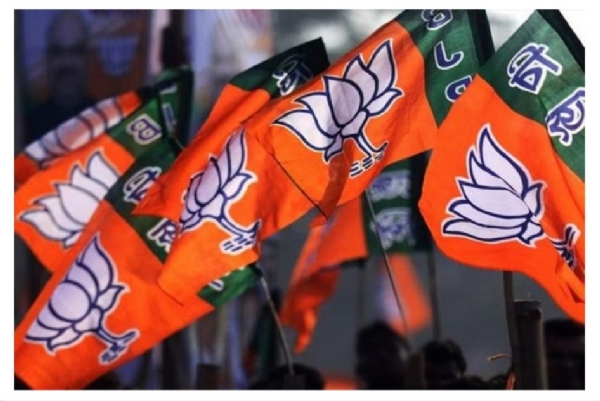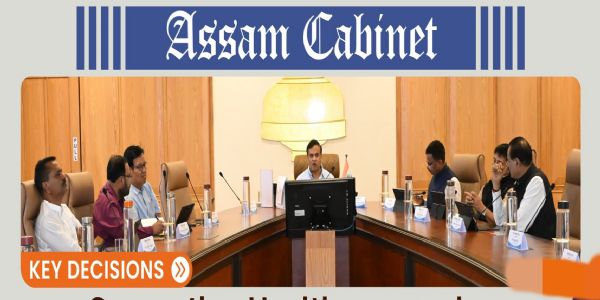
Guwahati, 13 August (HS): BJP Assam’s Chief Spokesperson Kishore Upadhyay has alleged that the Congress party paved the way for India’s 1947 Partition by easily accepting the separatism, communalism, and appeasement politics of Mohammad Ali Jinnah and the Muslim League. He termed the Partition as one of the most catastrophic geopolitical events of the 20th century, yet inadequately acknowledged in the nation’s collective memory.
Upadhyay said that nearly 20 million people were displaced and an estimated 1.5 to 2 million lost their lives during Partition. Countless women were abducted, raped, forcibly converted, or sold into slavery. Trains arriving from Pakistan were filled with corpses, including mutilated women and brutally killed children. Cities like Lahore, Rawalpindi, and Multan were completely emptied of Hindus and Sikhs.
He pointed out that in 1947, Hindus and Sikhs constituted 15–20% of Pakistan’s population, which has now fallen to less than 2%. In then-East Pakistan (now Bangladesh), Hindus accounted for 28% of the population, now reduced to just 8%, a decline he attributed to systemic persecution, forced conversions, discrimination, and violence.
According to Upadhyay, there was no “truth and reconciliation process” after Partition, nor was there any national recognition, remembrance, or compensation for victims. He said Congress has never apologized for this “historic blunder.” Observing Partition Horrors Remembrance Day, he noted, is not to reopen old wounds but to acknowledge them and work towards healing.
He added that Partition trauma extended beyond those who crossed borders, with the emotional and psychological burden carried for generations. Many families never shared their stories due to pain or stigma, creating a “post-memory” effect where descendants inherit the trauma of their forebears. The commemoration, he stressed, provides a platform for historical reflection as well as intergenerational and psychological dialogue.
---------------
Hindusthan Samachar / Sriprakash






